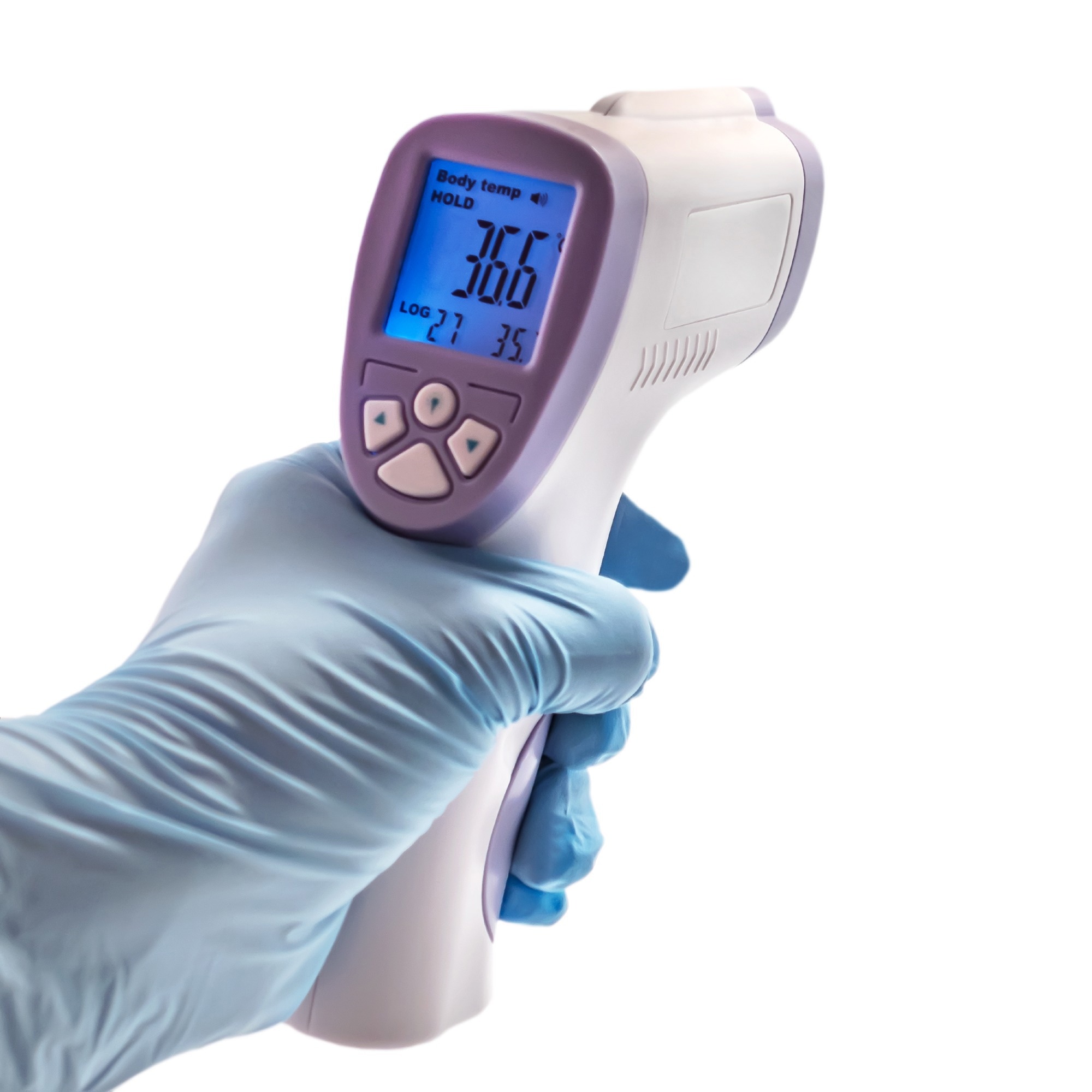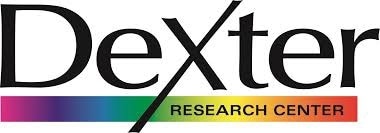Accurate temperature measurement remains crucial across industries and research applications where conventional contact-based techniques may not be applicable or suitable. Traditional methods for temperature measurement through direct contact have been in use for a long time, yet specific situations may be less appropriate.
In such cases, non-contact temperature measurement emerges as a valuable solution, providing a secure and efficient means of temperature assessment without compromising an object's integrity. This article will delve into the technology underpinning non-contact temperature measurement and its principal applications.

Image Credit: VladyslaV Travel photo/Shutterstock.com
What is Non-Contact Temperature Measurement?
Non-contact temperature measurement encompasses a method for determining an object's temperature without any physical interaction between the sensor and the object.
This approach relies on the identification and analysis of the infrared radiation emitted by the object. Infrared radiation, an electromagnetic form of radiation invisible to the human eye, is amenable to detection and analysis using dedicated temperature sensors.
The core components of non-contact temperature measurement encompass infrared radiation and optical analysis. All objects emitting infrared radiation above absolute zero temperature do so, and the strength and spectrum of this radiation directly correlate with the object's temperature.
Devices used for non-contact temperature measurement, including infrared thermometers, thermal imagers, and fiber optic sensors, employ optical analysis techniques to capture and interpret the emitted infrared radiation, yielding precise temperature readings.
Applications of Non-Contact Temperature Measurement
The utility of non-contact temperature measurement extends widely across various industries, owing to its numerous advantages. Some of the primary applications where non-contact temperature measurements prove indispensable are:
1. Building Automation
Non-contact temperature measurement delivers substantial benefits within building automation systems. It serves as a valuable tool for HVAC system monitoring, overheating detection, and the assurance of optimal thermal comfort.
This facilitates efficient temperature control and energy management within commercial structures, leading to energy cost reductions and improved occupant well-being.
2. Energy Management
Within the realm of energy management, non-contact temperature measurement helps in identifying energy inefficiencies and optimizing energy consumption. By monitoring the temperature of equipment such as boilers, furnaces, and heat exchangers, potential energy losses can be detected and addressed proactively, resulting in energy-saving measures.
3. Fire Detection
Non-contact temperature measurement stands as a critical component of fire detection systems. Continuous monitoring of temperature variations and anomalies enables early fire detection, facilitating prompt intervention and minimizing potential damage.
4. Healthcare and Medical Settings
Non-contact temperature measurement devices, particularly infrared thermometers, have evolved into essential instruments in healthcare facilities. They provide a non-invasive and sanitary method for measuring human body temperature, supporting mass screening, infection control, and patient monitoring.
5. Industrial Process Control
Non-contact temperature measurement finds application in various industrial processes, including heat treatment, drying, and curing operations. It empowers engineers to monitor moving objects, such as conveyor belts or rotating machinery, without disruption. This ensures the maintenance of optimal process conditions and product quality.
6. Manufacturing
In industries like metalworking, glass production, and plastics processing, precise temperature management is paramount for product quality maintenance and process efficiency optimization. Non-contact temperature measurement enables real-time temperature monitoring and control during production, ensuring ideal conditions.
Non-Contact Temperature Measurements with Dexter
From manufacturing processes to healthcare settings and preventive maintenance, accurate and swift temperature measurements are vital for quality control, safety, and efficiency. Dexter Research Center serves as a leading supplier of infrared sensing and detect-and-manage solutions.
Dexter's devices offer improved signal-to-noise ratios and heightened sensitivity. The core product line comprises over 30 thermopile thin-film and silicon-based items. Regardless of the industry, a suitable non-contact temperature sensor solution can be found at Dexter.

This information has been sourced, reviewed and adapted from materials provided by Dexter Research Center, Inc.
For more information on this source, please visit Dexter Research Center, Inc.